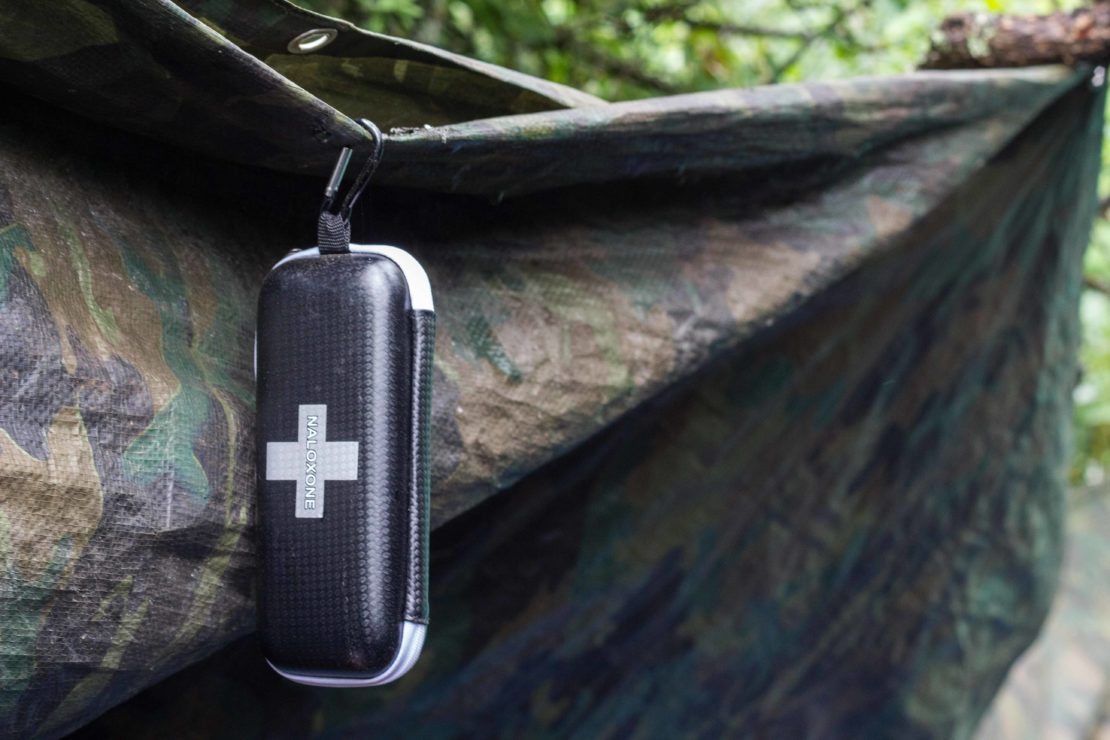
The COVID-19 pandemic has certainly proved that our federal, provincial, and municipal governments are able to act quickly and allot resources to a crisis, with the right amount of political will. While the COVID-19 pandemic is rightfully garnering the action it needs in B.C, there is another crisis that is simultaneously killing people in our province: overdoses and addictions.
In May, the B.C. Coroners Service reported that 170 people died of overdose in the province — the equivalent of about five and a half deaths per day — while 53 people died of COVID-19. The previous high in a month was 161, nearly four years ago in December 2016. The disruption to safe injection sites caused by the pandemic, and a shortage of substances normally used in drugs such as fentanyl, has forced drug dealers to add more dangerous substances to street drugs. The spike in May prompted B.C.’s chief coroner, Lisa Lapointe, to call on the federal government to intervene in similar ways as it has done with the COVID crisis.
All together, There have been 4 500 overdose deaths in B.C. since a public health emergency was declared in 2016. If this is an emergency, as COVID-19 is, why hasn’t it necessitated the same level of action?
In April, The Harbour — Victoria’s largest dedicated safe consumption site — was forced to move to a mobile service in order to meet physical distancing requirements. Meanwhile, The AIDS Vancouver Island office at 713 Johnson Street was forced to end it’s overdose prevention services, but continued to provide support at Topaz Park. They have been actively offering services, amid COVID-19, and are now working at the Comfort Inn.
The disruptions of services left those with addictions issues scrambling to find new places to safely get the treatment they need. Many, not being able to find the right services, have gone back to administering drugs themselves leading to higher risks and instances of needle borne diseases and overdoses.
To help fill the void, the province has opened several new overdose prevention and addiction services. These are located at the Comfort Inn and the Save On Foods Memorial Centre, which are being used to house former residents of the Topaz and Pandora tent camps. The issue with these operations is that they are temporary and only have the capacity to support those residing at the site. In effect, they are stop gap measures and lack the ability to serve as a real solution due to the countless other drug users in Victoria who are still without a facility to go to.
Other sites with addictions services such as the Victoria Travelodge, the Howard Johnson Hotel, and the Johnson Street Community are also limited in who they can provide with services and so, much like the Comfort Inn and the Save on Foods Memorial Centre, can only serve residents.
Drug addiction is often wrongly seen as an issue exclusive to the street community. According to Island Health, around 50 per cent of overdose deaths in May occurred inside residences. Purely offering services to those moved from the street into temporary housing is insufficient. But the crisis hits harder on those who are on the street. So while it is wrong to underestimate the crisis facing those on the street, it is also critical we address the crisis facing drug users who may not be as visible.
Drug users and advocates have been calling for community support instead of policing, safe injection sites instead of prison sentences, and affordable housing instead of temporary shelters. Many of the social injustices brought to light by COVID-19 are inextricably linked.
Decriminalizing and regulating drugs is a crucial first step that needs to be taken. Building more permanent and dedicated overdose prevention centers like The Harbour is another. Making progress on the opioid crisis will take a concerted effort and collaboration between the municipal, provincial, and federal governments.
Stop gap measures such as temporary and limited supports to select members of the street community won’t cut it. Without long-term plans to address the opioid crisis and the adjacent social issues, our province will be in for many more deaths in the coming months and years.
The opioid crisis, like COVID-19, is an emergency. It’s time our governments started treating it as one.
A previous version of this article stated that AIDS Vancouver Island had shut down completely. This was not accurate and we apologize for the error.







